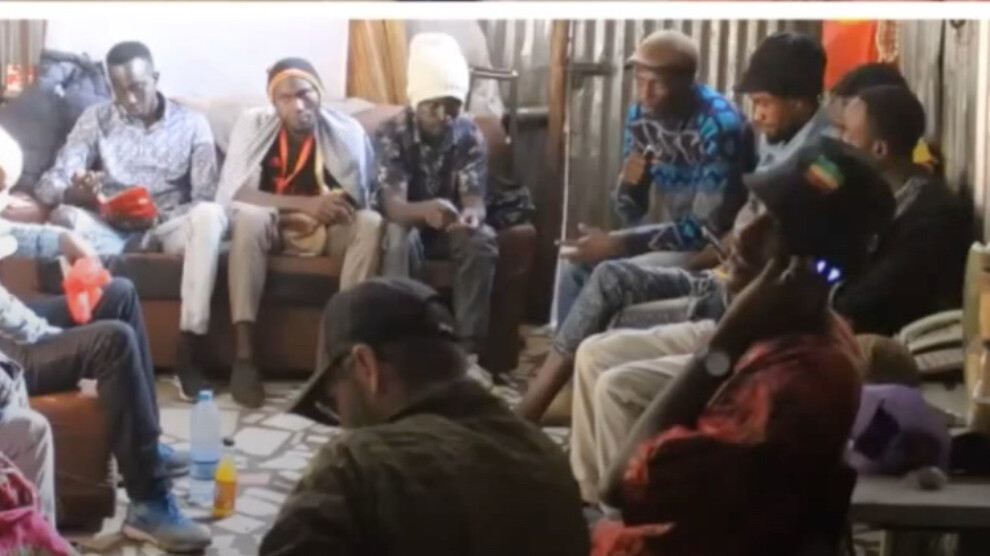The struggle for self-determination: perspectives from Kenya
The struggle for self-determination and grassroots liberation from neocolonial NGO-ism: perspectives from Kenya.
The struggle for self-determination and grassroots liberation from neocolonial NGO-ism: perspectives from Kenya.

The struggle for self-determination and grassroots liberation from neocolonial NGO-ism: perspectives from Kenya, is the title of a seminar held online last week.
The seminar centered on the work of the Grassroots Liberation Movement (GLM), which is based in Nairobi, Kenya. The GLM is dedicated to the struggle for self-determination, or “people power,” across the city’s informal settlements, home to approximately 70% of the population.
These settlements are characterised by a lack of clean water, sanitation, clinics, schools, roads, or adequate housing, as well as by periodic forced evictions and systemic extra-judicial police murders. They are sites and symbols of severe deprivation and state violence, spaces where the wretched of the earth dwell. Over the past decade, a network of social justice centers has established the infrastructure for the defense of human rights, for local assembly discussions, and for documentation of grassroots struggles for community empowerment.
This network has in turn become a key field of struggle between a more domesticated agenda, advanced by NGOs, on the one hand, and more radical, anti-imperialist and anti-capitalist aspirations for self-determination, on the other. Representatives from the GLM will sketch the contours and content of their struggle for self-determination, against both the brutal neo-colonial state, with the extractive model of capitalist development which it is imposing, as well as against creeping NGO-ism within the ranks of the network of social justice centers.
For his part, Dr Miley will address his recent experience grounding with the GLM. He will highlight the imperative for internationalist solidarity, and will discuss strategies for decolonizing research, for avoiding extractivism, and for transcending the neo-colonial dialectic of charity and dependence.
The seminar can be watched online.